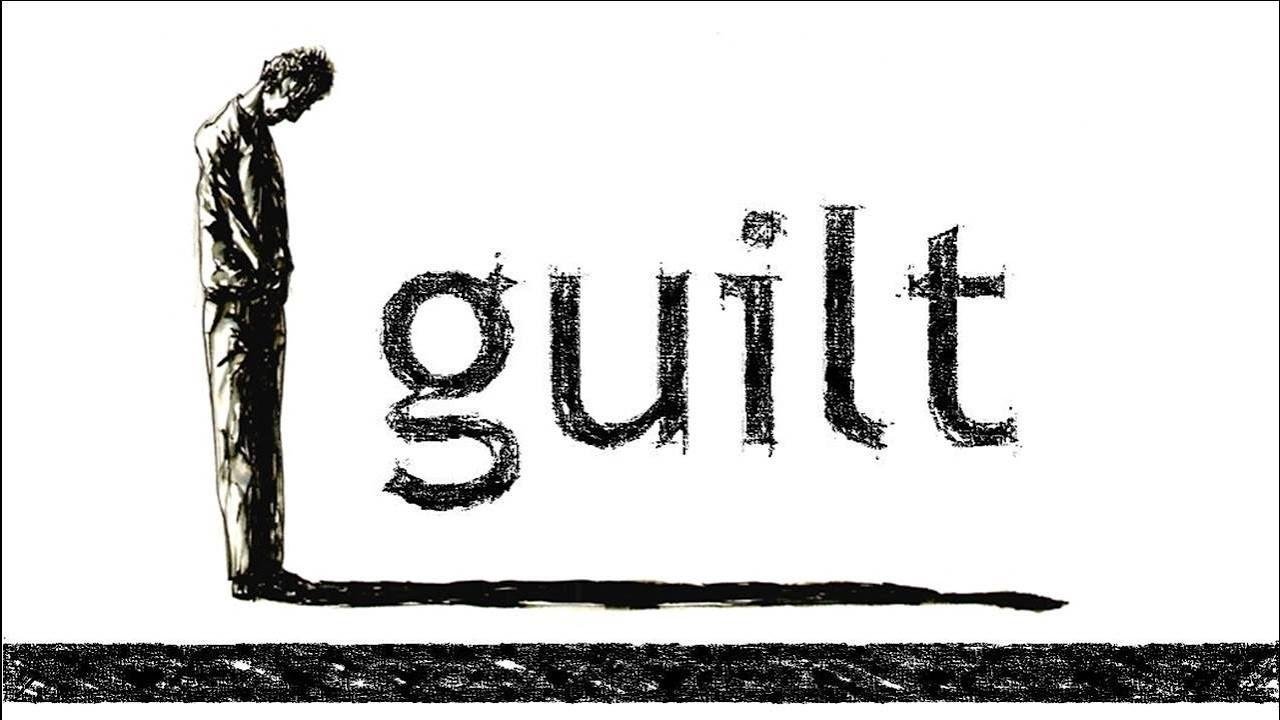Guilt is a herbal response that arises when we recognize errors or harm executed to others. Accepting guilt often results in reflection, responsibility, and superb alternatives. However, for a few, going through guilt feels insupportable, leading to avoidance or denial. This article explores why a few people battle just to accept guilt, common defenses used, and the effects on relationships and private growth. We’ll also solve often-asked questions about guilt and denial, providing practical methods to manipulate guilt constructively.
The Psychology of Guilt
Guilt activates humans to recognize and correct errors. It promotes empathy and mirrored image. But accepting guilt additionally requires self-reflection and facing vulnerability, which a few may find deeply uncomfortable. This discomfort may be so overwhelming that it triggers protection mechanisms.
Reasons Some People Cannot Accept Guilt
There are multiple reasons a person would possibly deny guilt.
Fear of Vulnerability
Admitting guilt reveals flaws, which can be too prone for people who worry about judgment.
Low Self-Esteem
People with low self-esteem can also view admitting guilt as confirming their bad self-belief, mainly to shame and avoidance.
Perfectionism
For perfectionists, mistakes appear unacceptable. Admitting guilt approaches acknowledging imperfection, which could feel unbearable.
Narcissistic Tendencies
Narcissistic individuals may guard their self-image at all fees, mainly due to defensiveness and a refusal to simply accept guilt.
Fear of Consequences
Sometimes, people worry about the punishment or rejection that can come with admitting guilt, so they deny wrongdoing.
Each of these elements contributes to a person’s incapacity to simply accept guilt, impacting relationships and hindering growth.
Defense Mechanisms to Avoid Guilt
People who cannot be given guilt often use defense mechanisms to keep away from obligation:
Denial
Denial includes rejecting any notion of wrongdoing.
Projection
By blaming others, the man or woman shifts interest far away from their actions.
Rationalization
Rationalization allows justifying movements by creating excuses, making the conduct appear suited.
Minimization
Here, the individual downplays the importance of their actions to avoid guilt.
Defensiveness
Defensiveness allows someone to react without processing or acknowledging criticisms.
While these behaviors may additionally guard the individual quickly, they prevent genuine responsibility and increase.
The Impact of Guilt Denial on Relationships
An inability to accept guilt regularly strains relationships, as unresolved conflicts and misunderstandings persist. Here’s how:
Loss of Trust
Avoiding guilt can erode agreement, as people begin to see the individual as unwilling to take obligation.
Increased Resentment
When guilt is denied, others may experience wrong or invalidation, mainly due to resentment.
Reduced Emotional Intimacy
Honest connections depend on vulnerability and responsibility. Without these, actual closeness becomes hard.
Accepting guilt in relationships facilitates construct consideration and lets in for deeper, more healthy bonds.
The Importance of Accepting Guilt for Growth
Recognizing guilt can be challenging, but it’s important for private improvement. Here’s why:
Increases Self-Awareness
Accepting guilt encourages introspection, assisting people in understanding the impact of their movements.
Develops Empathy
Acknowledging mistakes fosters empathy, allowing people to not forget how their movements affect others.
Strengthens Accountability
Taking responsibility is a reputable high-quality in all relationships and expert settings.
Acknowledging guilt helps people become self-aware and empathetic, improving their relationships and basic well-being.
Strategies to Accept and Process Guilt
Facing guilt is feasible with some self-mirrored images and attempts. Here are methods to assist:
Practice Self-Compassion
Self-compassion can reduce the worry of judgment, making it simpler to admit errors.
Reflect on the Consequences
Thinking about how movements affect others can help expand empathy and a willingness to well-known guilt.
Seek Therapy
Therapy provides supportive surroundings to discover guilt and develop healthier coping strategies.
Start Small
Begin by accepting obligations for minor errors, and constructing confidence for more sizable problems.
FAQs
1. Why can’t some humans accept guilt?
People avoid guilt due to low vanity, worry of rejection, or self-shielding mechanisms like denial or clarification.
2. How does warding off guilt affect relationships?
Denying guilt can result in resentment, reduce consideration, and avoid emotional intimacy.
3. What are commonplace ways people keep away from guilt?
Common defense mechanisms consist of denial, projection, rationalization, and minimization.
4. Can therapy assist people in feeling guilt?
Yes, the remedy helps people explore guilt, understand their defenses, and develop healthier coping techniques.
5. How can someone begin accepting guilt?
Practicing self-compassion, reflecting on outcomes, and acknowledging small errors are the right starting factors.
Conclusion
Understanding why someone cannot take guilt on complex psychological defenses like denial and projection. While denying guilt can briefly shield one’s self-esteem, it in the end hinders boom and traces relationships. Learning to accept guilt encourages self-consciousness, empathy, and responsibility, all vital trends for healthy relationships and personal improvement. By steadily acknowledging and processing guilt, people can domesticate deeper self-know-how and more potent, more genuine connections with others.












